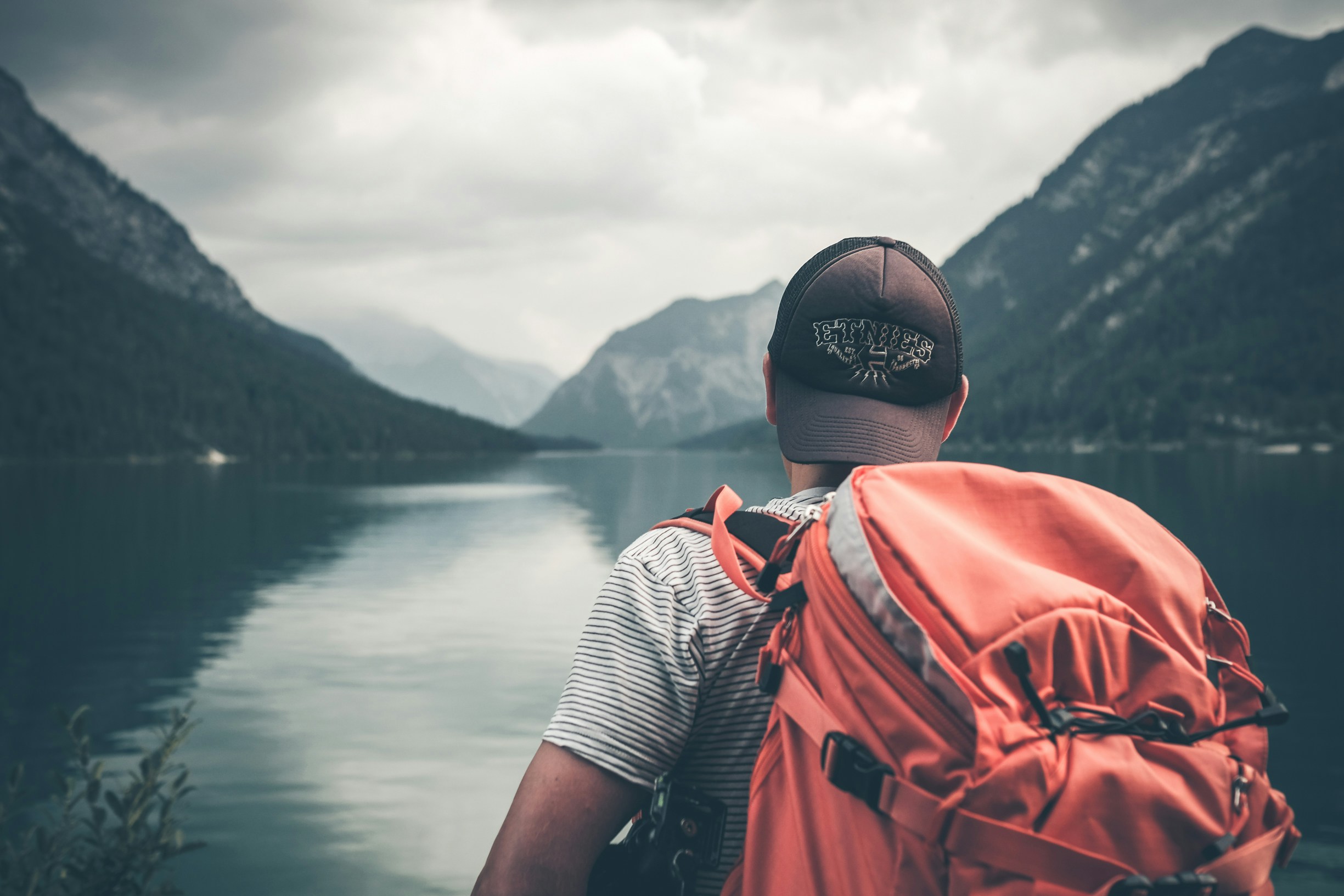The fear of socializing isn’t made up. It’s real. I’ve felt it multiple times in my life.
Whether it’s a social gathering or being part of a group. I keep questioning myself before I talk.
Sometimes I avoid hanging out with my friends because I have to socialize.
Overthinking overtakes me every time.
Your fear of socializing isn’t rare or strange. Millions feel the exact same way.
You’re Not Broken—You’re Just Human
That voice in your head that says you’re the only one who feels this way? It’s lying to you.
I watch people at conferences, parties, and meetings. The confident ones, the quiet ones, the loud ones. Their body language tells a story their words don’t.
The way the “social butterfly” keeps checking their phone when alone for more than two minutes. The presenter’s voice shakes slightly during the first slide. The subtle relief that washes over someone’s face when a conversation naturally ends.
We’re all carrying some version of the same fear.
Your brain evolved to care what others think. Early humans survived by staying in the group. Getting rejected wasn’t just uncomfortable—it was dangerous.
Your social anxiety? It’s just ancient survival code running in modern times.
You Learned to Be Afraid
Think back.
Can you pinpoint when socializing became scary?
- Maybe you shared an idea in class, and everyone laughed
- Maybe someone cool ignored you at lunch
- Maybe your parents criticized you for saying the “wrong thing”
These moments teach your brain: talking to people equals pain.
I learned this at 12 when I told a joke that bombed at the lunch table. Twenty years later, I still remember the silence.
Your fear has a history. It didn’t appear from nowhere.
You Overthink Every Word
Your internal monologue during conversations:
“Does this sound smart?” “Am I talking too much?” “They look bored.” “Should I mention my weekend?” “That came out wrong.” “They think I’m weird now.”
While you think this, the other person probably wonders if they have food in their teeth.
This mental traffic jam blocks natural conversation. You focus on performance instead of connection.
You Think Everyone’s Watching You
I said the most awkward thing in a group once. It was a failed compliment towards a girl’s dress. I guess I was trying to be funny. The joke went horribly wrong.
I felt like everybody’s watching me. Turns out literally all of them were too busy on the phone.
After, I asked a friend what people said about it.
His response: “What compliment?”
The spotlight effect tricks you. You star in your own movie, but you’re just an extra in everyone else’s.
People notice about 10% of what you think they do. They worry about their own “performances” too much to judge yours.
Start by Saying One Sentence
Forget becoming the life of the party. It’s just too much pressure. Start smaller.
Say just one thing in a group setting.
- “I like your shoes.”
- “This coffee is good.”
- “Have you worked here long?”
One sentence breaks the seal. It gives you a win.
I started with asking the barista how his day was going. Just that. For weeks. It built my confidence for longer exchanges.
Awkward Isn’t Bad
We treat awkward moments like social fails. They’re not. Trust me.
Awkward happens to everyone:
- Forgetting names
- Talking at the same time
- Not hearing what someone said
- Running out of things to say
These moments don’t reveal your social incompetence. They reveal your humanity.
The next time an awkward pause happens, smile and own it. “Well, that was a classic awkward silence.” Watch how people relax when you name it.
Celebrate Every Win
We often neglect what we’ve already accomplished. If you’re socially awkward and your compliment made someone happy, that’s a big win. It should increase your confidence.
Did you:
- Say hello to a neighbor?
- Ask a question in a meeting?
- Call instead of text?
- Stay at the party for 30 minutes?
These count. All of them.
Track your wins in a note on your phone. Review them when you doubt yourself.
I keep a “social wins” list. It reminds me how far I’ve come from the guy standing alone at parties.
The Path Forward
Social comfort grows through practice, not perfection.
You won’t wake up fearless tomorrow. But you can wake up braver.
What tiny social step will you take this week?
Maybe it’s eye contact with the cashier. Maybe it’s asking one question in a group chat.
Whatever it is, it counts.
You’ll still feel afraid sometimes. I still do. But you’ll know that fear doesn’t get the final say on who you become.
What matters isn’t eliminating fear, but building courage alongside it.
And trust me—you have more courage than you think.



